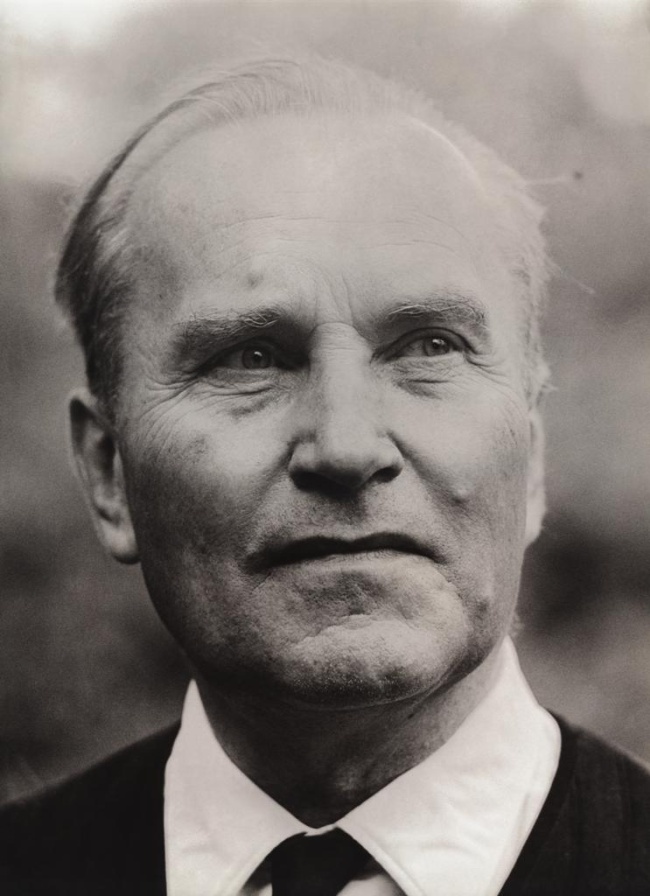Jaká je role umění podle Jana Patočky v technologické éře pojedná Felix Borecký ve své přednášce na Univerzitě v Évoře. Pokud byste chtěli vystoupení vyslechnout i z Česka (nebo kdekoli zrovna budete), můžete využít tento odkaz a připojit se distančně.
In his text ‘Art and Time,’ the Czech philosopher Jan Patočka (1907 – 1977) discusses the role of art in the modern, technologically advanced era, emphasising that art is the last spiritual activity that can still remind human beings of the ‘natural world’ and provide ‘global meaning.’ Unlike in pre-modern eras, however, art no longer expresses this global meaning as collectively binding; instead, it turns to individuals, encouraging them to articulate their own existential meaning.
Departing from Patočka’s reflections, the present lecture will deal with some of the following questions: If art has such a privileged position in modern society, what is the role of science and philosophy? Why has the role of art changed so fundamentally in the modern era, and why can the meaning that art expresses no longer be collectively shared? Patočka describes modern art as an activity of contemporary human beings, “the whole of which is evidence of our spiritual freedom, authentic evidence ex definitione.” (p. 109) However, how does this authentic activity cope with the constraints and pressures produced by the modern world with its ideologies and overwhelming technologies?

Univerzita Karlova
Fakulta humanitních studií
Pátkova 2137/5
182 00 Praha 8 - Libeň
Identifikátor datové schránky: piyj9b4
IČ: 00216208
DIČ: CZ00216208